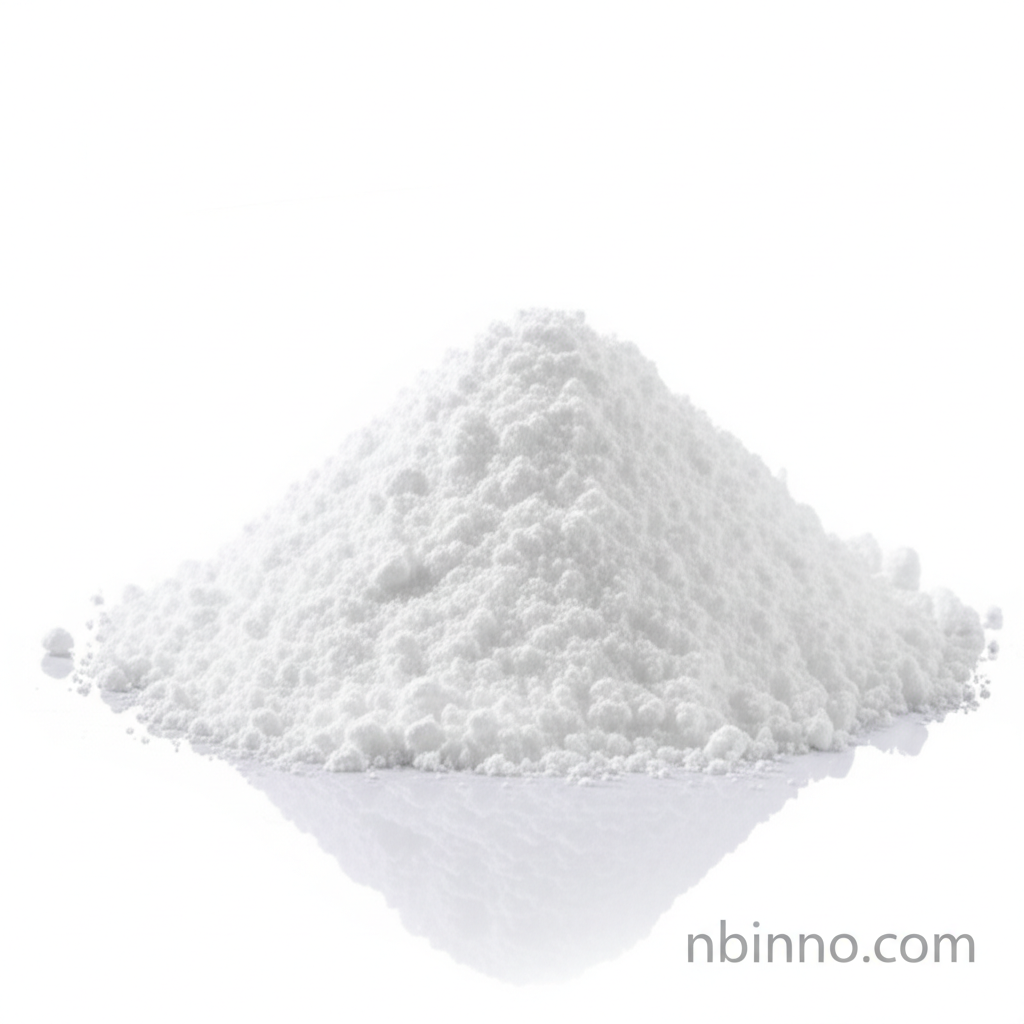Endothelin-1 (CAS 117399-94-7): A Potent Vasoconstrictor and Key Regulator in Cardiovascular and Renal Health
Understanding the complex roles of Endothelin-1 in physiological processes and disease pathology.
Get a Quote & SampleProduct Core Value

Endothelin 1
Endothelin-1 (ET-1) is a vital peptide synthesized primarily by endothelial cells, renowned for its potent vasoconstrictive properties. This action helps regulate blood pressure by narrowing blood vessels, thereby controlling blood flow. Beyond its primary role in vasomotor tone, ET-1 is involved in a spectrum of biological activities, including vascular smooth muscle proliferation, fibrosis, cardiac and vascular hypertrophy, and inflammation.
- This potent vasoconstrictor, Endothelin-1, plays a crucial role in regulating blood pressure, making it a key focus in cardiovascular health research.
- Exploring the Endothelin-1 function in blood pressure reveals its critical influence on maintaining circulatory homeostasis.
- The intricate mechanism of Endothelin-1 vasoconstrictor mechanism is central to understanding its physiological and pathological impacts.
- The compound's involvement in Endothelin-1 in kidney disease treatment highlights its potential therapeutic applications in renal pathologies.
Key Advantages
Physiological Regulation
Endothelin-1 is essential for the normal physiological regulation of vascular tone and blood pressure, acting as the body's most powerful vasoconstrictor.
Disease Insight
Investigating Endothelin-1 role in hypertension provides critical insights into the pathogenesis of high blood pressure and related cardiovascular conditions.
Therapeutic Potential
Understanding the Endothelin receptor antagonists efficacy opens avenues for developing novel treatments for diseases driven by ET-1 dysregulation.
Key Applications
Biomedical Research
Used extensively in biochemical research to study vascular physiology, cardiovascular diseases, and the mechanisms of hypertension.
Pharmaceutical Development
Serves as a vital pharmaceutical intermediate and raw material for the development of drugs targeting the endothelin pathway, particularly Endothelin receptor antagonists.
Understanding Disease Pathways
Facilitates research into the role of genetic variations in Endothelin-1 pathway, contributing to personalized medicine approaches for various ailments.
Diagnostic Reagents
Potential use as a diagnostic reagent in understanding conditions associated with endothelial dysfunction and abnormal ET-1 levels.
